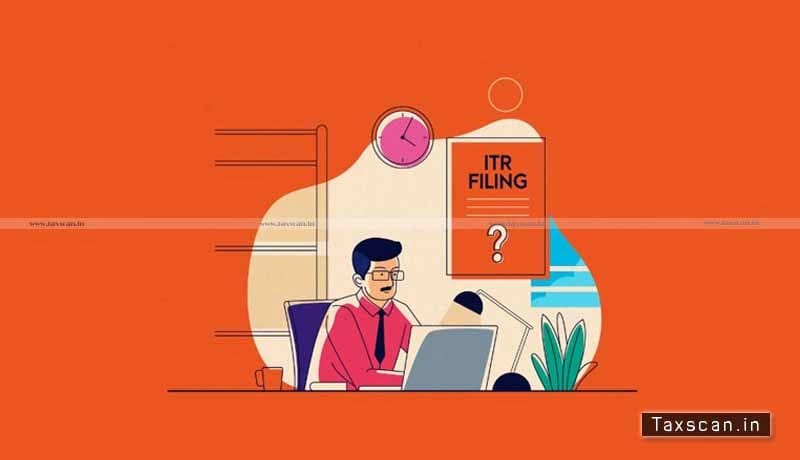Non-Filing of Income Tax Returns & Tax Evasion: Know the Penal Provisions under Income Tax Act

The central government has extended the deadline for filing the income tax returns for the AY 2021-22. Prior to this, the last date to file the income tax returns was December 31, 2021.
Wilful Tax Evasion
Section 276C provides for punishment in the case of wilful attempt to evade tax, penalty or interest or under-reporting of income. As per section 276C if a person wilfully attempts to evade tax, penalty or interest or under-reports his income, then he shall be punished.
Firstly, with rigorous imprisonment which shall not be less than 6 months but which may extend to seven years and with fine where tax sought to be evaded exceeds Rs. 25 lakh (Rs. 1 lakh upto 30-6-2012).
Secondly, with rigorous imprisonment which shall not be less than 3 months but which may extend to two years (3 years upto 30-6-2012) and with fine in other cases .
Thirdly, where tax sought to be evaded exceeds Rs. 25 lakh (Rs. 1 lakh till 30-6-2012), imprisonment could be for a period of not less than 6 months which may extend to 7 years and with fine.
Fourthly, in other cases imprisonment cannot be of less than 3 months, which may extend to 2 years (3 years upto 30-6-2012) and with fine.
Wilful failure to furnish ITR
Section 276CC provides for imprisonment in case of failure to file the return of income. Section 276CC is attracted for any of the various defaults by the taxpayer.
Failure to file the return of income as per section 139(1). Failure to file the return of income in response to a notice issued under section 142(1)(i) or section 148 or section 153A.
Rigorous imprisonment which shall not be less than 6 months but which may extend to seven years and with fine where tax sought to be evaded exceeds Rs. 25 lakh (Rs. 1 lakh upto 30-6-2012).
Rigorous imprisonment which shall not be less than 3 months but which may extend to two years (3 years upto 30-6-2012) and with fine in other cases .
The taxpayer shall not be proceeded against under this section for failure to furnish in due time the return of income under section 139(1), if the return is furnished by him before the expiry of the assessment year; or the tax payable by him (not being a company) on the total income determined on regular assessment, as reduced by advance tax and TDS, if any, does not exceed Rs. 3,000.
It is noteworthy that with effect from Assessment Year 2020-21, the Finance (No. 2) Act, 2019 has increased the threshold of tax payable from Rs. 3,000 to Rs. 10,000. Further, in addition to advance-tax and TDS, the self-assessment tax and TCS shall also be considered while determining the tax payable on the total income.
Support our journalism by subscribing to Taxscan AdFree. Follow us on Telegram for quick updates.


